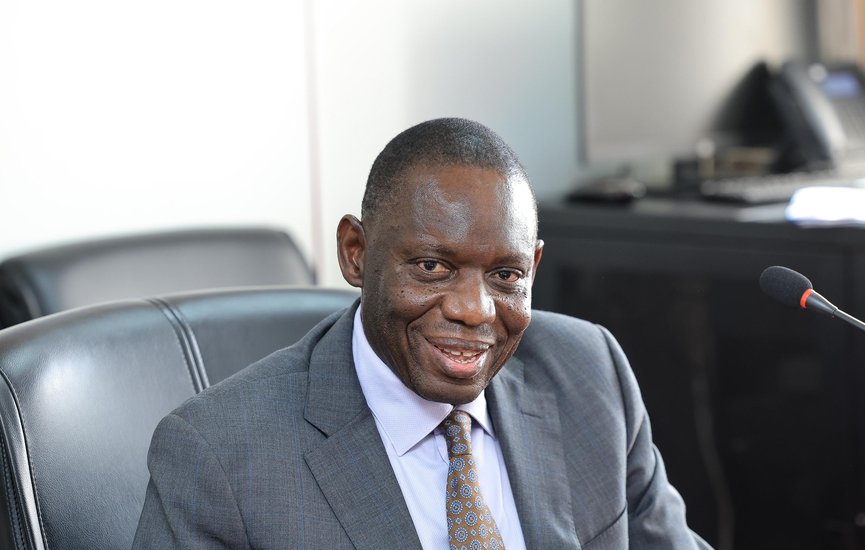The Bank of Uganda (BoU) has decided to maintain its Central Bank Rate (CBR) at 9.75 percent for the 13th consecutive month, reaffirming its commitment to controlling inflation and ensuring price stability in the economy. This cautious approach underscores the central bank’s focus on maintaining economic stability amid ongoing domestic and global uncertainties.
According to BoU Governor Michael Atingi-Ego, the Monetary Policy Committee (MPC) assessed that although Uganda’s economic outlook remains positive, inflationary risks persist. As a result, the committee opted to hold the rate steady rather than loosen monetary policy prematurely. This decision reflects a delicate balancing act between promoting growth and keeping inflation close to the central bank’s medium-term target of 5 percent.
Current projections show Uganda’s core inflation for the 2025/26 financial year ranging between 4.0 and 4.5 percent slightly lower than the previous estimate of 4.5 to 4.8 percent. This suggests that price pressures are easing, thanks in part to improved food supplies, a stronger currency, and prudent fiscal measures. However, BoU warned that potential external shocks such as global commodity price fluctuations and geopolitical tensions could still disrupt price stability.
The Ugandan economy continues to show signs of resilience, growing by 6.3 percent in the 2024/25 financial year, up from 6.1 percent the year before. Growth is expected to accelerate further, reaching between 6.5 and 7 percent this fiscal year, driven by improved agricultural output, manufacturing recovery, and increased infrastructure investment. In the long term, BoU forecasts that the economy could grow by as much as 8 percent annually if current momentum is sustained.
Governor Atingi-Ego noted that despite the positive trends, the central bank will maintain vigilance over inflationary risks. These include higher domestic demand from major government projects, unpredictable weather patterns affecting agricultural productivity, and potential global supply chain disruptions. Conversely, favorable conditions such as capital inflows from oil investments, declining global interest rates, and stable food prices could help offset those pressures.
By maintaining a tight monetary stance, BoU seeks to preserve macroeconomic stability while supporting gradual economic expansion. The decision sends a signal of confidence to investors and underscores the bank’s readiness to act if inflation deviates from its target range.
For households and businesses, this policy continuity ensures predictability in borrowing costs and long-term financial planning. As Uganda continues its post-pandemic recovery and prepares for oil production in the coming years, price stability remains a cornerstone for achieving sustainable economic growth.
In essence, BoU’s decision reflects prudence a careful effort to nurture economic progress while keeping inflation in check, ensuring that Uganda’s growth path remains stable and inclusive.
